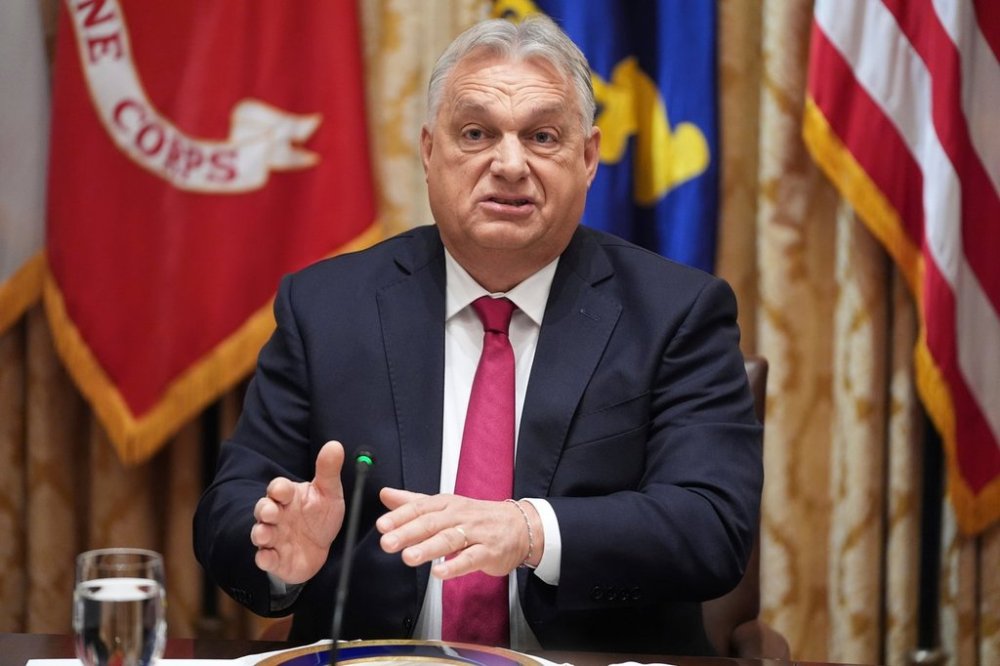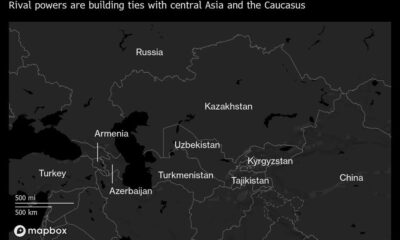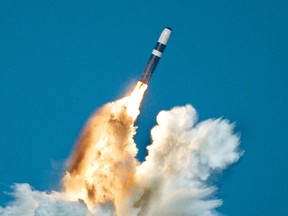World
Hungary to Challenge EU’s Energy Phase-Out Plan in Court

Hungary will formally contest the European Union’s initiative to end imports of Russian energy, with Prime Minister Viktor Orbán announcing plans to take the matter to the European Court of Justice. This declaration came during a state radio address on Friday, where Orbán criticized the EU’s approach to phasing out Russian oil and gas by the end of 2027.
Legal Challenge Against EU Energy Strategy
Orbán accused the EU of attempting to circumvent Hungary’s veto power regarding sanctions on Russian energy by implementing trade regulations instead. He stated, “We are turning to the European Court of Justice in this matter. This is a flagrant violation of European law, the rule of law and European cooperation … They will pay a very high price for this.”
Hungary has maintained a significant reliance on Russian fossil fuels and has continuously sought exemptions from EU sanctions since Russia’s invasion of Ukraine in 2022. Orbán’s government has threatened to veto EU sanctions, emphasizing the economic risks associated with cutting off access to Russian energy supplies.
In a recent visit to Washington, Orbán secured an exemption from U.S. sanctions on two Russian energy companies after a meeting with former President Donald Trump. Although U.S. officials indicated that this waiver would be valid for one year, Orbán claimed it would remain in effect indefinitely, attributing this outcome to his personal rapport with Trump.
Concerns Over Energy Dependency
Orbán has labeled continued access to Russian energy as “vital” for Hungary, a landlocked country that he argues would face severe economic consequences if cut off from these supplies. Despite his assertions, some critics challenge the notion that Hungary would suffer catastrophic damage without Russian energy.
In addition to the legal challenge, Orbán revealed he is “also exploring other means of a non-legal nature” to navigate the EU’s planned phase-out of Russian energy, though he did not specify what these alternatives entail.
As Hungary prepares to mount this legal challenge, the broader implications of the EU’s energy strategy remain a pressing concern for member states grappling with the fallout from the ongoing conflict in Ukraine. The outcome of Hungary’s court case could influence future energy policies across Europe.
For ongoing coverage of the situation in Ukraine, visit the AP’s dedicated hub.
-

 Politics1 week ago
Politics1 week agoSecwepemc First Nation Seeks Aboriginal Title Over Kamloops Area
-

 World4 months ago
World4 months agoScientists Unearth Ancient Antarctic Ice to Unlock Climate Secrets
-

 Entertainment4 months ago
Entertainment4 months agoTrump and McCormick to Announce $70 Billion Energy Investments
-

 Lifestyle4 months ago
Lifestyle4 months agoTransLink Launches Food Truck Program to Boost Revenue in Vancouver
-

 Science4 months ago
Science4 months agoFour Astronauts Return to Earth After International Space Station Mission
-

 Technology3 months ago
Technology3 months agoApple Notes Enhances Functionality with Markdown Support in macOS 26
-

 Top Stories1 month ago
Top Stories1 month agoUrgent Update: Fatal Crash on Highway 99 Claims Life of Pitt Meadows Man
-

 Sports4 months ago
Sports4 months agoSearch Underway for Missing Hunter Amid Hokkaido Bear Emergency
-

 Politics3 months ago
Politics3 months agoUkrainian Tennis Star Elina Svitolina Faces Death Threats Online
-

 Politics4 months ago
Politics4 months agoCarney Engages First Nations Leaders at Development Law Summit
-

 Technology4 months ago
Technology4 months agoFrosthaven Launches Early Access on July 31, 2025
-

 Top Stories3 weeks ago
Top Stories3 weeks agoFamily Remembers Beverley Rowbotham 25 Years After Murder





















